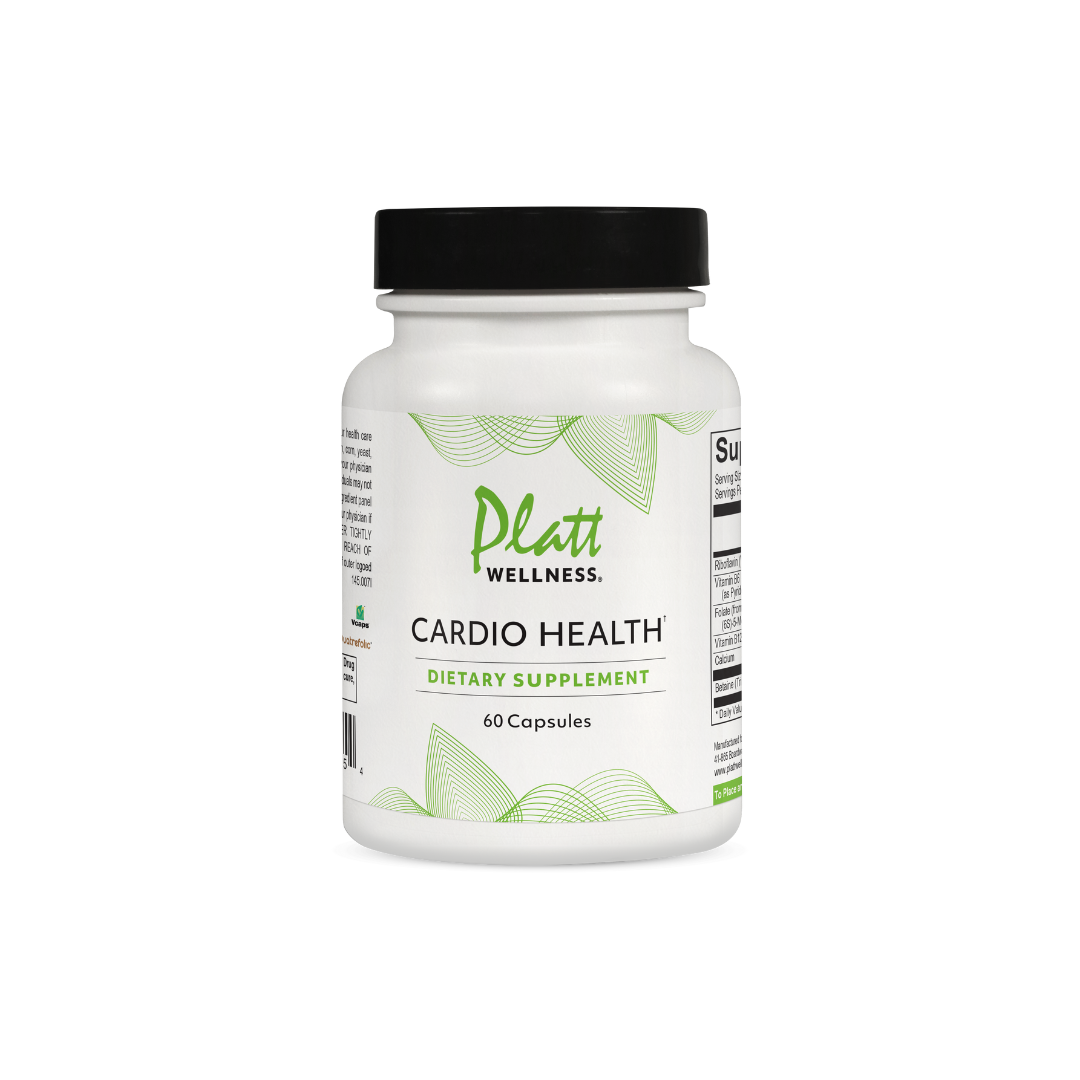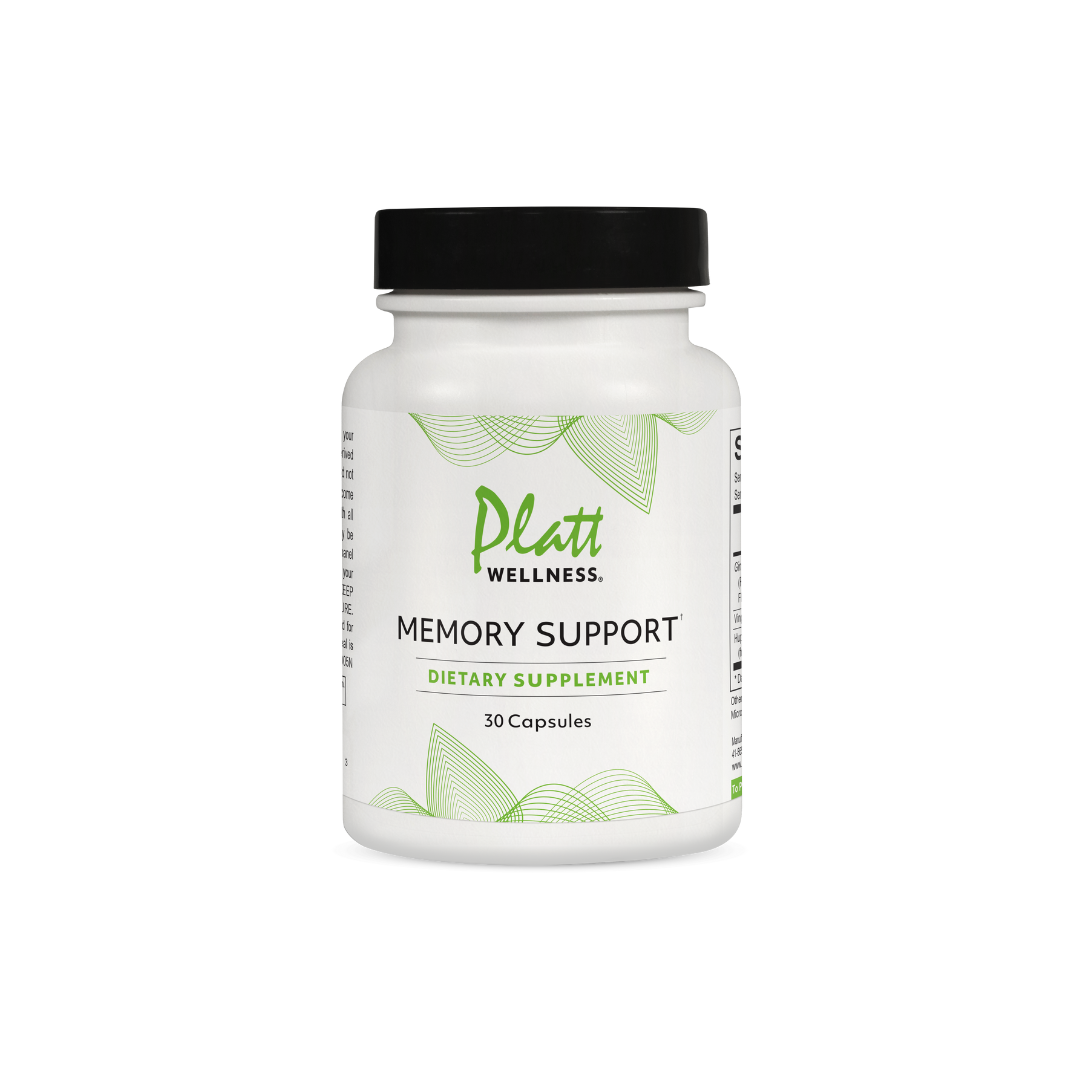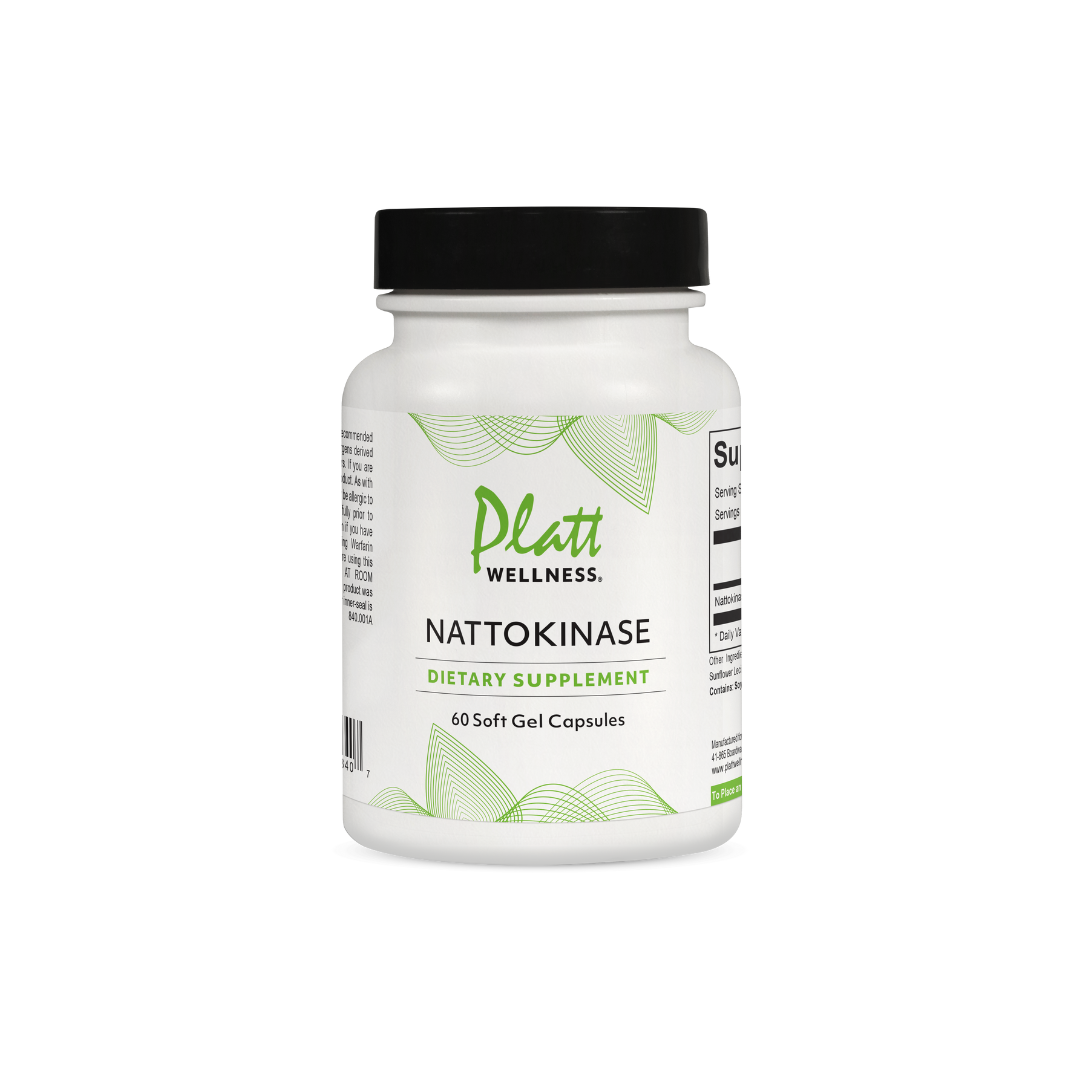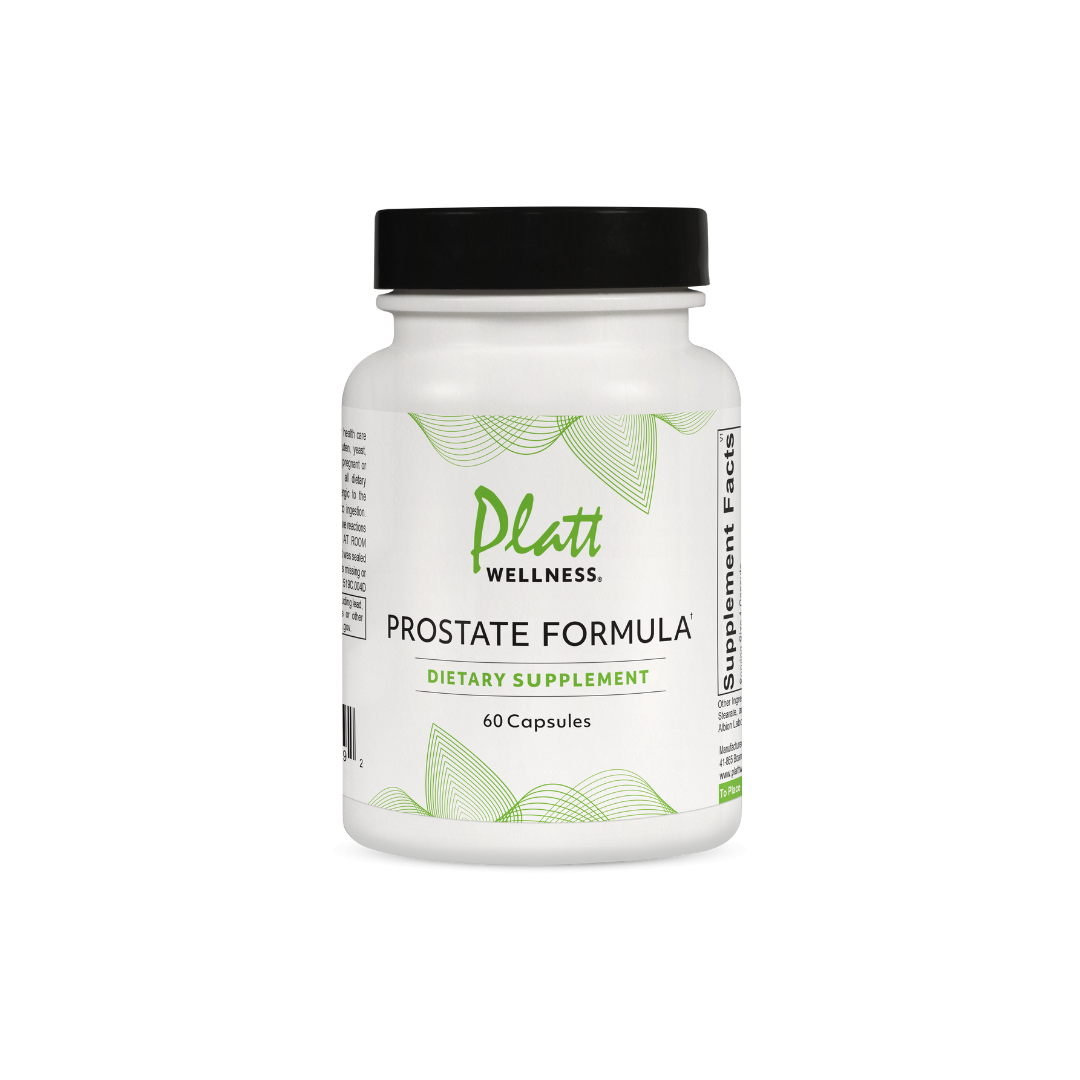Listen to the Podcast here
Host Brad Kearns talks to Dr. Michael Platt about the controversial and cutting edge subject of Adrenaline Dominance, the title of Platt’s new book and a topic that Platt argues is widely misunderstood and misinterpreted. Dr. Platt explains that the catch-all health disturbance of adrenal fatigue is diagnosed by low salivary cortisol, which is actually indicative of adrenalin dominance. Adrenalin Dominance, as you might guess, is driven by hectic, high-stress modern life and the desperate need for our brain to consume glucose around the clock. Whenever your brain detects the slightest drop in glucose supply (from an insulin rush after high carb meal, or after a strenuous workout, or after a hectic, high-stress day at work), your body will produce adrenaline (also referred to as norepinephrine) to keep you humming along.
We are going outside the boundaries of mainstream medicine to attack the cause of many mental and physical disorders. Dr. Platt makes a compelling case that dumping too much adrenalin into the bloodstream is the root cause of most psychiatric conditions and also the primary driver of excess body fat. This is because adrenalin levels peak at 2:30am and all that glucose production isn’t burned off and is thus stored as fat while you sleep. Hint: if you get up to pee in the middle of the night, you have a problem. This seemingly innocent and common occurrence is actually a sign of excess adrenalin—remember your Latin lessons where “adrenal” means next to renal. Your overactive adrenalin stimulates the kidneys and you have to pee. Other symptoms include grinding your teeth and nervous tapping of your legs. The net effect of overproducing adrenalin is chronic conditions like ADHD, fibromyalgia, anxiety, depression, severe mood swings, and road rage.
Dr. Platt is not all about bad news. He says the condition is surprisingly easy to fix with the application of the wonder hormone progesterone. Yes, you can buy 5% progesterone cream and apply it before meals, which blocks both adrenalin, insulin, and estrogen. Note: while females may be familiar with using progesterone for estrogen-related health conditions, Dr. Platt notes that males over 50 stop producing progesterone, setting the stage for the dreaded space tire accumulation—a hallmark of which is excess estrogen.
Dr. Platt is board-certified in Internal Medicine and has nearly four decades of experience working with patients in varied clinical settings from medical groups to eldercare medicine to health research. He’s currently the president of Platt Wellness in Palm Desert, California, where he specializes in bio-identical hormones, hormone balancing and the causation of illness. Learn more at Plattwellness.com








